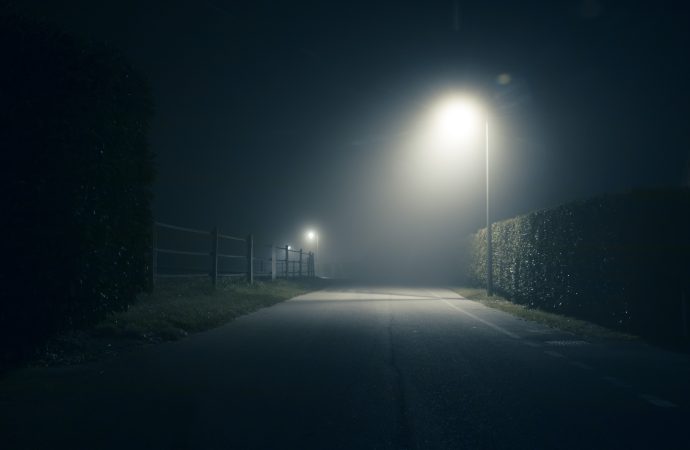In recent years, there has been a growing call for diversity and representation in entertainment. From books to movies to television shows, audiences are demanding to see more characters from diverse backgrounds, including people of color, LGBTQ+ individuals, and people with disabilities. This demand for diversity has extended to the genres of fantasy, sci-fi, and
In recent years, there has been a growing call for diversity and representation in entertainment. From books to movies to television shows, audiences are demanding to see more characters from diverse backgrounds, including people of color, LGBTQ+ individuals, and people with disabilities. This demand for diversity has extended to the genres of fantasy, sci-fi, and horror, where previously, white male protagonists dominated the narrative. However, as the entertainment industry continues to evolve, so too does the representation in these genres.
One of the most significant steps towards diversity in fantasy, sci-fi, and horror has been the inclusion of more characters from diverse backgrounds. The introduction of characters like T’Challa in “Black Panther” and Rey in “Star Wars: The Force Awakens” marked a turning point for representation in these genres. Both characters were women, with T’Challa also being Black and Rey being played by a woman of color. These characters served as powerful symbols for representation and inclusivity, and their inclusion was celebrated by audiences worldwide.
Another important aspect of diversity in fantasy, sci-fi, and horror is the incorporation of diverse storylines. The film “Get Out” by Jordan Peele was a major milestone in this regard, as it tackled issues of racism and prejudice head-on, using the horror genre as a lens through which to examine these themes. Similarly, the Netflix series “The Haunting of Bly Manor” introduced an LGBTQ+ storyline, exploring themes of love and loss through a queer lens. These storylines serve as a way to give a voice to underrepresented groups and provide an opportunity for audiences to see their experiences reflected on screen.
However, despite the progress made towards diversity in entertainment, there is still work to be done. While characters from diverse backgrounds are being included, they are still often relegated to supporting roles or have their storylines limited in comparison to their white, male counterparts. The recent backlash against “Star Wars: The Last Jedi” and “Captain Marvel” serves as a reminder that not everyone is on board with the push for diversity in entertainment. This backlash highlights the importance of continuing to push for representation and inclusivity in entertainment, even in the face of opposition.
In conclusion, diversity in fantasy, sci-fi, and horror is an important aspect of representation and inclusivity in entertainment. The inclusion of characters from diverse backgrounds and the incorporation of diverse storylines serves as a way to give a voice to underrepresented groups and provide an opportunity for audiences to see their experiences reflected on screen. While progress has been made, there is still work to be done to ensure that these genres are truly representative of the diverse world we live in.

















Leave a Comment
Your email address will not be published. Required fields are marked with *